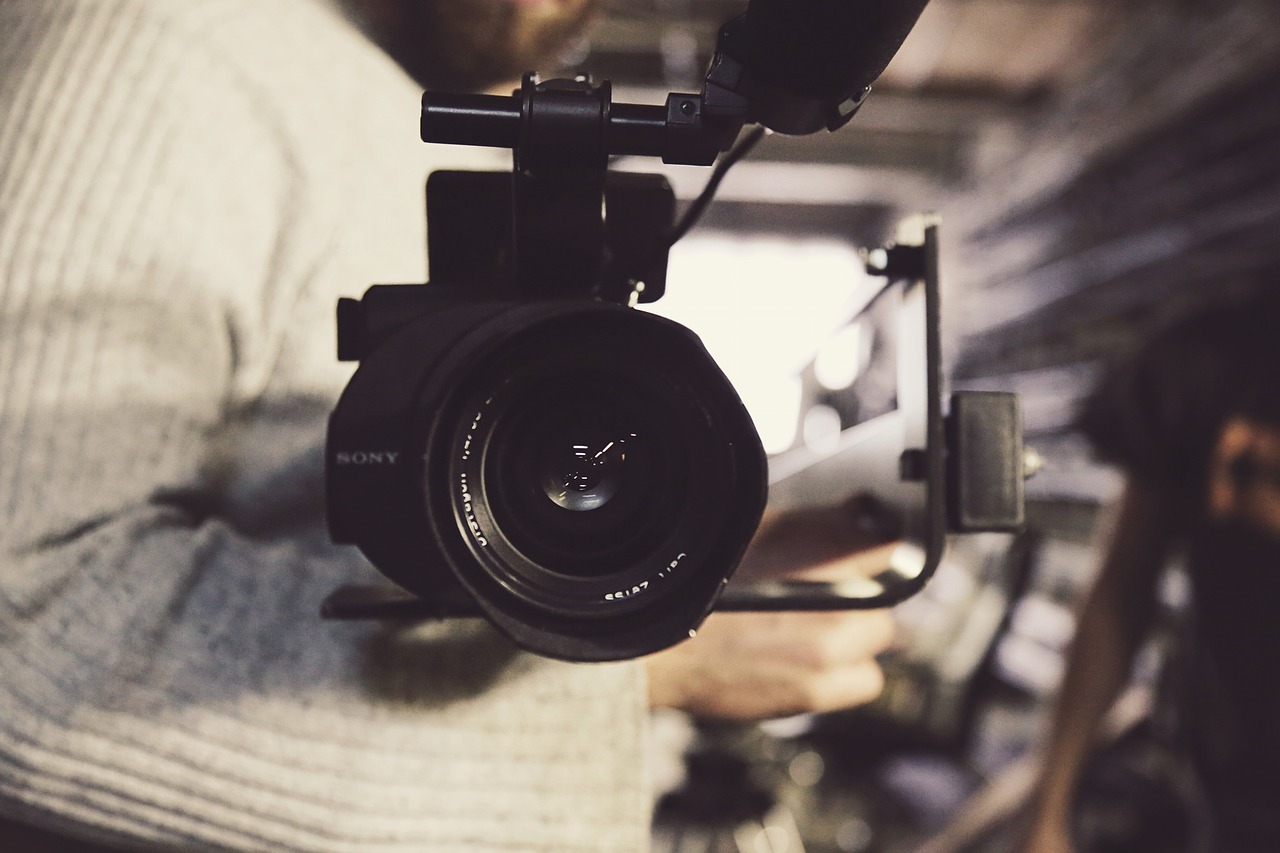Statistics indicate more and more people are working remotely. Thanks to technological innovations, it’s now possible for workers to be productive without heading to the office in many instances.
This trend offers benefits to both employees and employers. Obviously, working from home allows employees to more easily maintain work life balance, which often leads to greater job satisfaction. Companies benefit thanks to improved employee engagement.

Additionally, for HR professionals, being able to hire workers for remote positions means being able to find the ideal candidate for a job. Previously, companies had to choose from candidates who happened to live near the office (or were able to relocate). That said, the process of hiring a remote employee is different from traditional hiring processes. In many cases, applicants will not be able to meet at your office for an interview.
That doesn’t mean you should restrict all communication to email and phone calls. It’s still important to speak with a person face-to-face when deciding if they’re a good fit for your company. Seemingly minor details, such as body language, can indicate whether they’re the ideal candidate for a given role. That’s why, when in-person interviews aren’t practical, you should schedule video interviews.
You should also keep the following points in mind. They’ll help you modify your interviewing style appropriately.
Test Your Equipment
Job candidates preparing for video interviews test their hardware and software beforehand to ensure they’re still working optimally. They don’t want to appear unprofessional and have to cut the interview short due to a technical problem they should have identified earlier.
This is an understandable attitude. However, applicants aren’t the only ones who should ensure their equipment is working properly before a video interview. Interviewers also want to make sure their tools are functioning. You’ll simply waste valuable company time if you have to cancel an interview because your video chat program won’t open.
It’s also important to pay attention to sound quality when testing video interview equipment. You can’t have a productive interview with someone if they are struggling to understand what you’re saying.
Represent the Company Culture
Again, there are several reasons why real-time communication is important during the hiring process. One of those reasons is fairly simple: the way a person dresses, speaks, and behaves in general can tell you a lot about whether they understand the company culture. Additionally, a face-to-face interview gives you opportunities to introduce candidates to the overall culture of your workplace.
This is easy when conducting an interview in your office. Simply getting a quick glimpse into how employees dress and interact (along with seeing the design of the office) provides an applicant with a lot of valuable information. Unfortunately, you may not be able to immerse them in the culture to the same degree with video. However, you can make sure you represent the culture as much as possible.

That means dressing in the same attire you would wear for an in-office interview. Additionally, while you don’t want to distract an interviewee, you may want to strategically choose to conduct your interview in a room where interviewees may pick up on details indicative of the company culture.
For example, perhaps you have a modern office, where conference room walls are transparent glass. Conducting the interview in this type of room allows a candidate to see what’s happening in the office behind you. You should take up most of the screen to avoid distractions, but it doesn’t hurt to offer a glimpse of the office environment.
You could even take this a step further and give interviewees quick “guided tours” of the office by conducting video interviews over a mobile device. While the bulk of your time should actually be spent on the interview process, a short office tour helps to compensate for the limitations of remote interviewing.
Record It
Don’t take this step without asking interviewees if they are comfortable with it. It’s unethical to record someone without their consent. That said, video interviews do offer advantages that traditional interviews don’t. Although you could record an in-person interview with a camera, you may not think it’s worth your time to set one up. Its presence can also distract an applicant.
However, if you simply use your video chat program to record the interview, you don’t have to worry about forgetting to include important details in your notes. You can always revisit the interview later.
Even if your company doesn’t hire remotely at the moment, there’s a good chance it will in the future. Prepare for this shift by learning how to conduct effective video interviews. By remembering these points, you’ll conduct interviews that offer genuine value.

